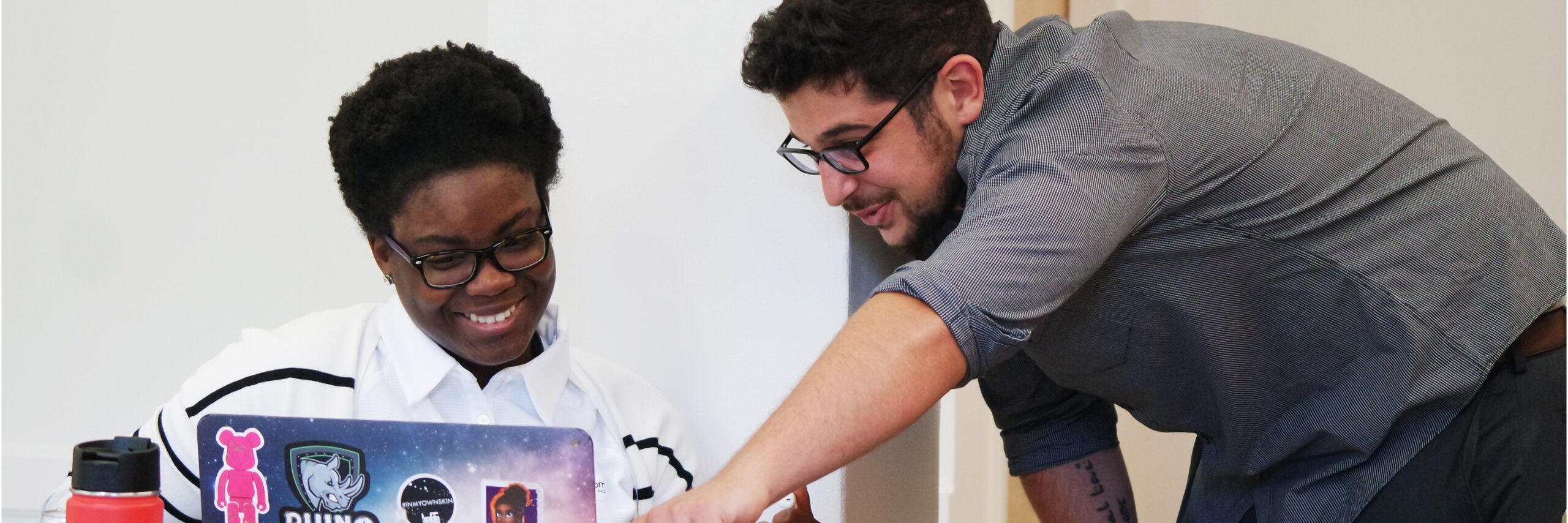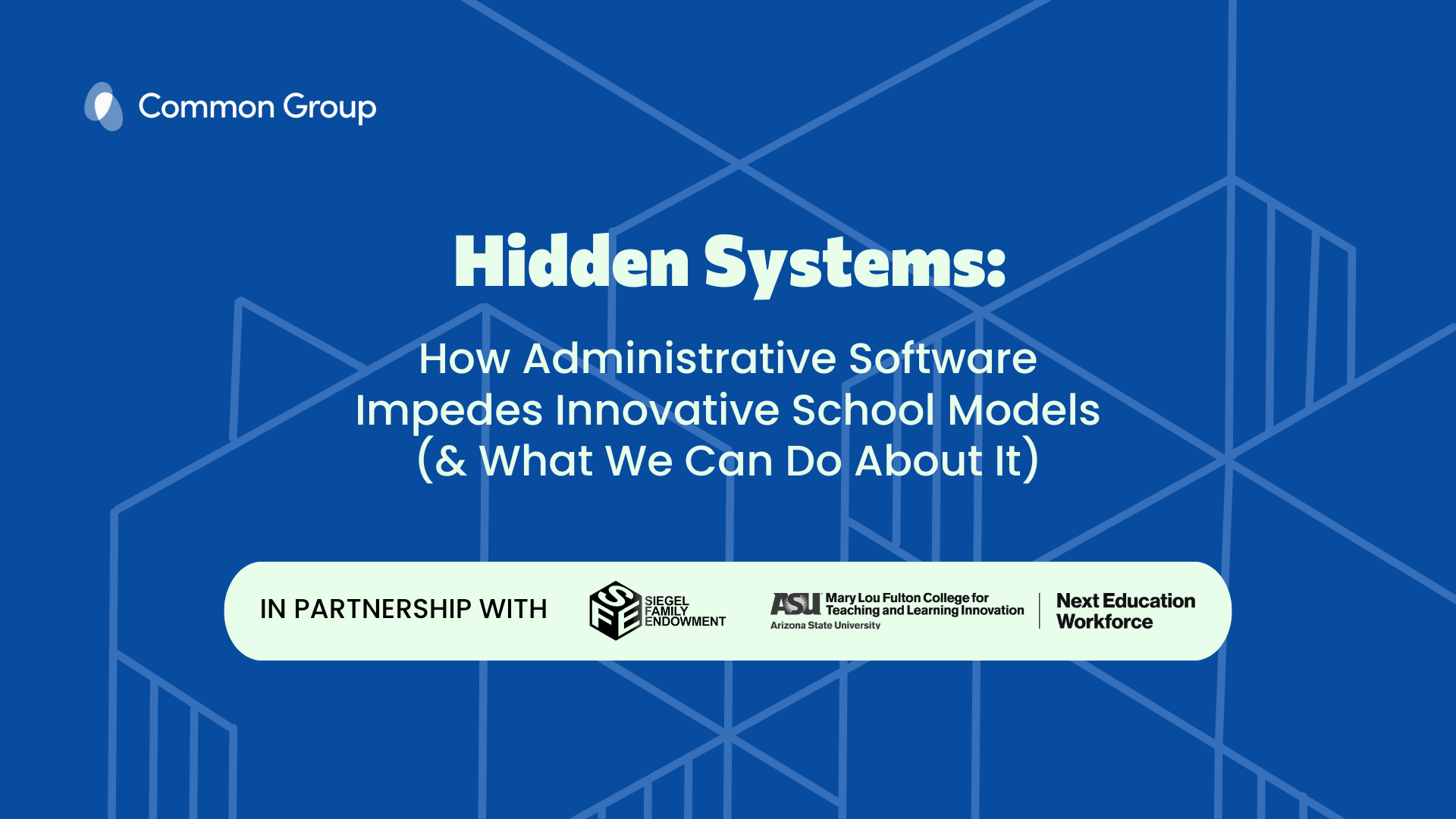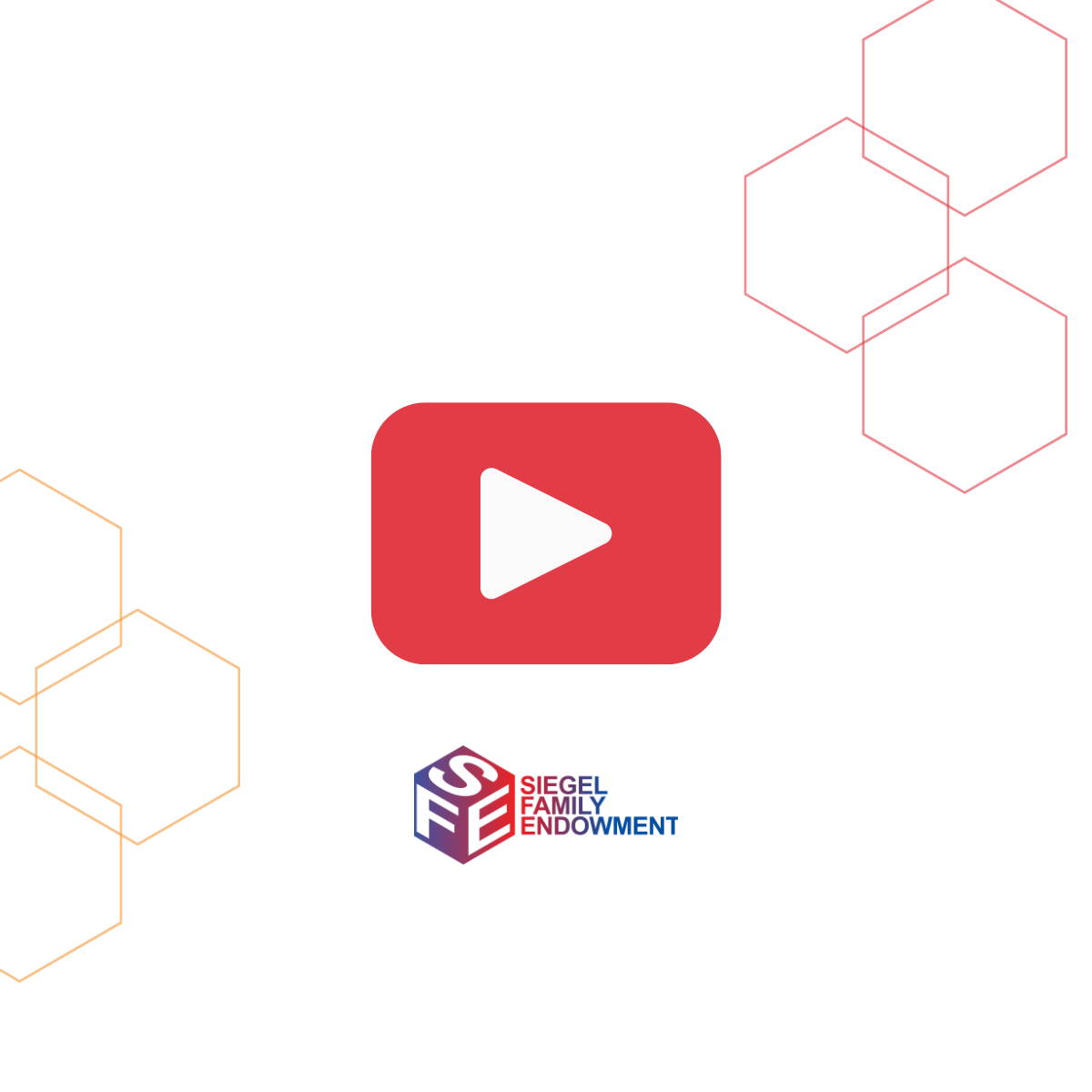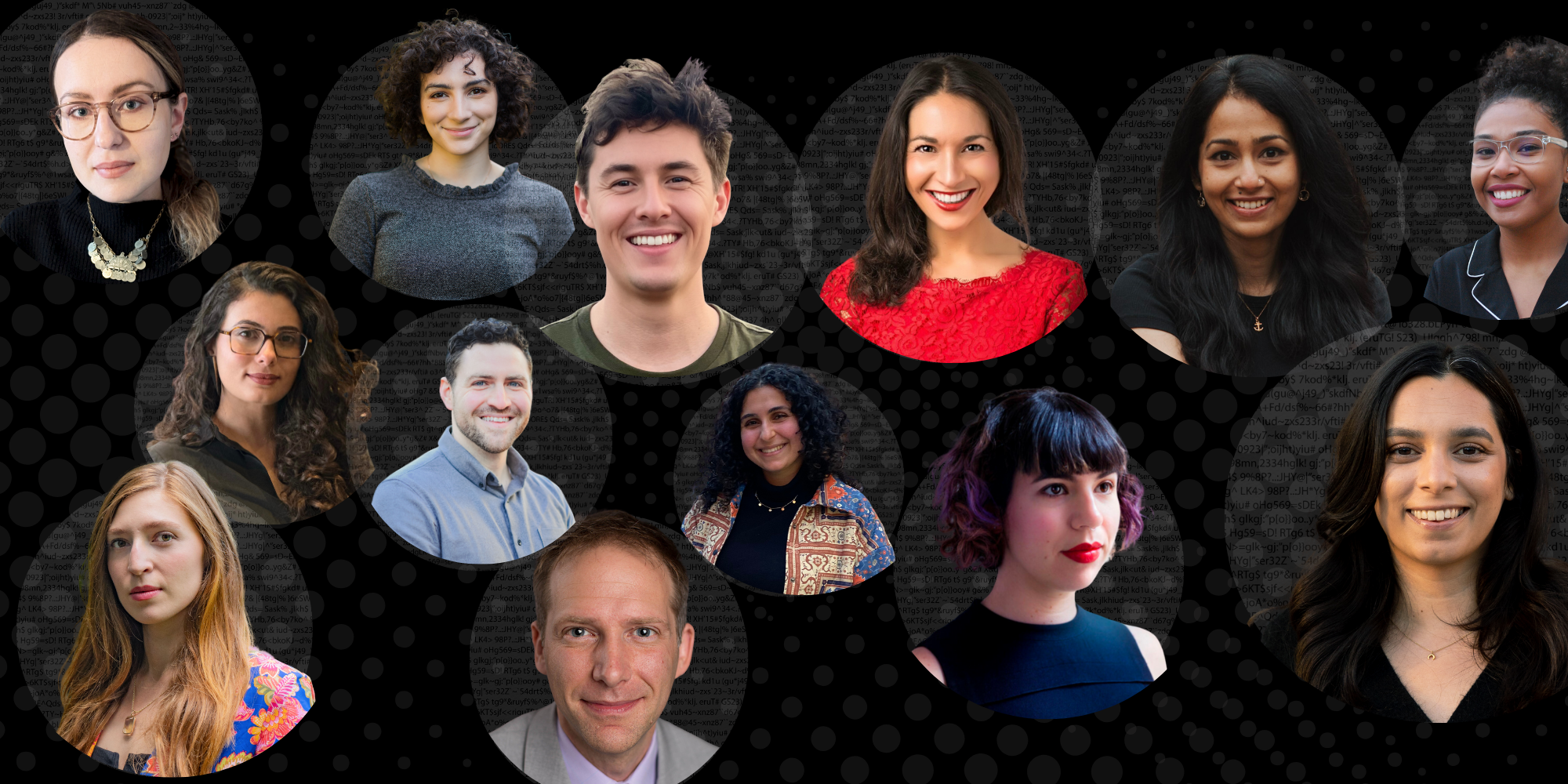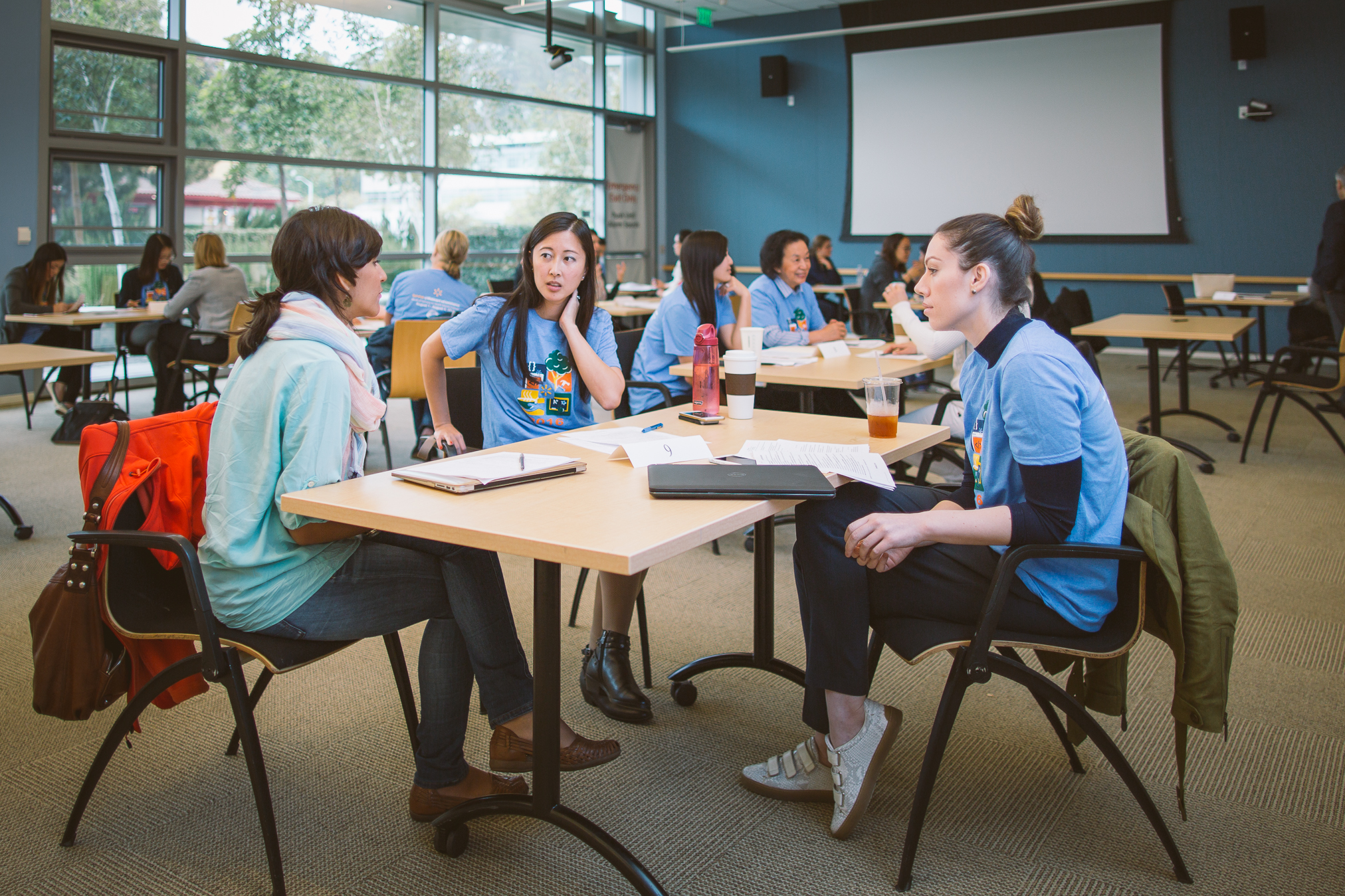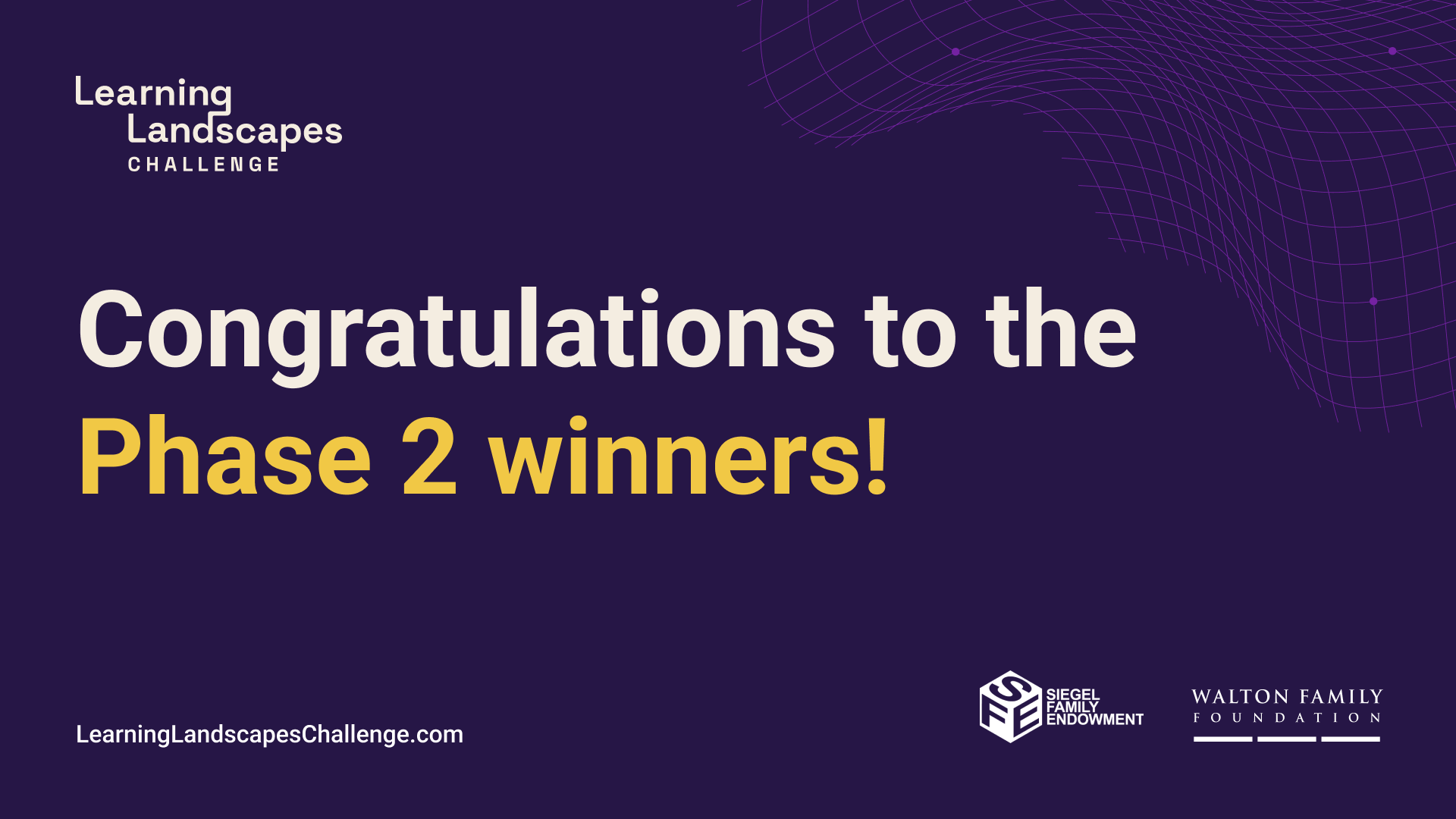From Lecture-Based Teaching to a Movement That Meets Every Student’s Needs
We sat down with Kareem Farah from Modern Classrooms to learn more about the their instructional model; how and why the organization works with individual teachers; how the initiative plans to scale its approach through district partnerships; and the impact of changing instructional practice for teachers, students, and communities.


